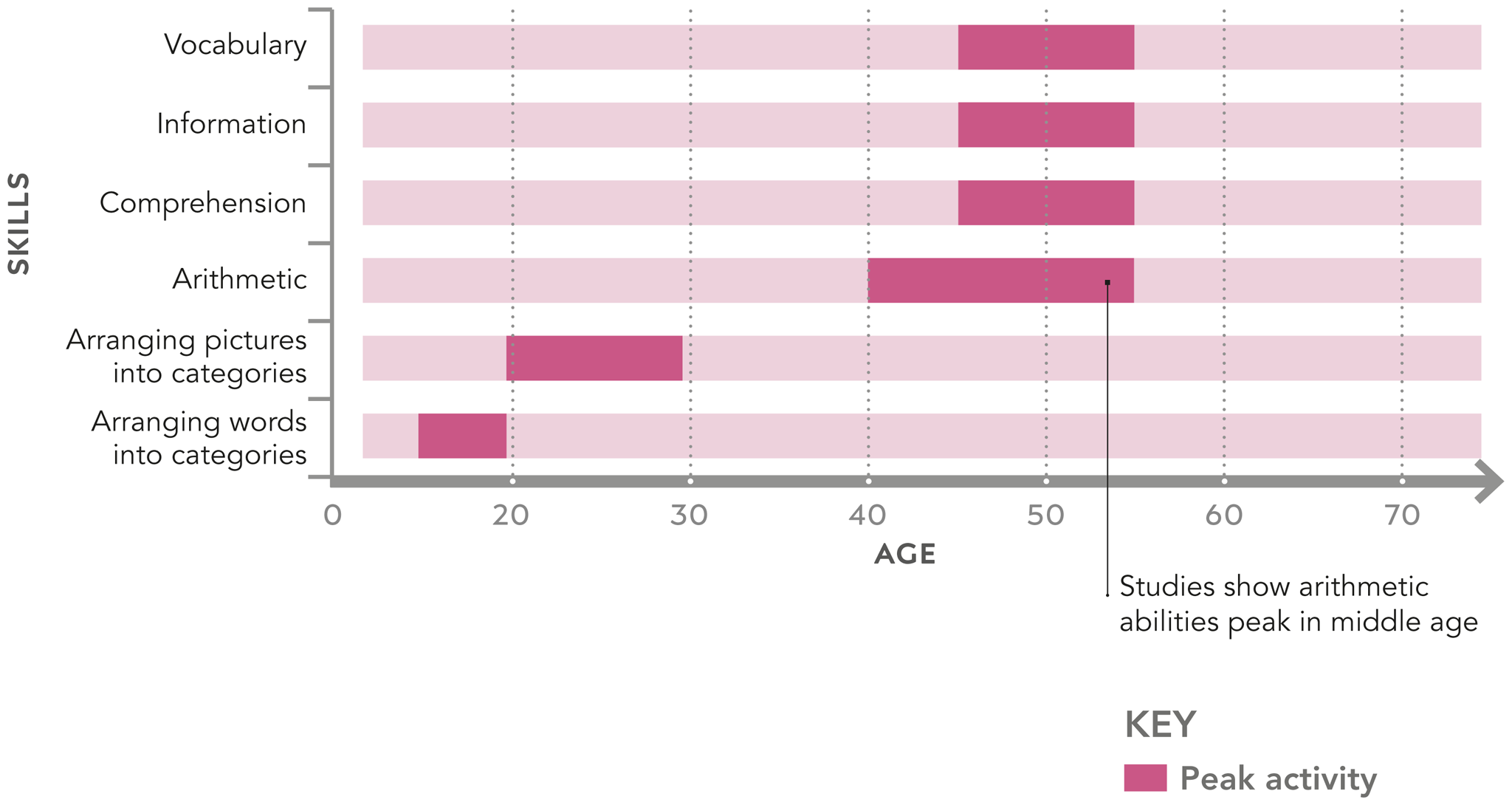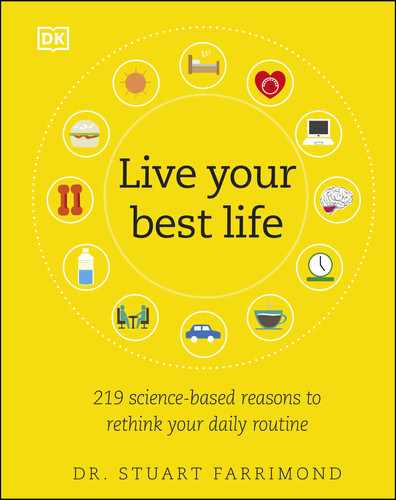Can I Raise My IQ?
We revere intelligence and award “smart” people with a high IQ score, but are we really born with our intelligence, and can we actually learn to be smarter?
The IQ (intelligence quotient) score is an internationally accepted measure of total brain power, calculated via a series of tests. These tests usually involve math, spotting patterns, and logic—so if your forte lies in practical problem solving, negotiating with others, or creativity, the chances are you won’t excel at an IQ test.
Intelligence has no clear definition. Like beauty or personality, it’s relatively subjective, and this is one reason IQ scores are problematic.
Another issue is that IQ tests have historically been created by (mostly) men in Europe and North America—and are skewed in favor of people from Western culture. Someone from a community that values storytelling, for example, may have great verbal reasoning and memory, yet their overall IQ score might be low because they flopped on the number puzzles.
So although scientists have worked hard to make tests reliable and relevant across cultures, IQ tests have a limited use. For mentally taxing jobs, such as programming, a test is an effective barometer for picking the best recruit. However, if we were patients given the choice between a 22-year-old novice surgeon with a genius IQ and a 55-year-old expert with countless successful operations under their belt, we all know who we would rather cut us open.
Experience, knowledge, social skills, drive, and conscientiousness—all of which could all be considered intelligence—are not accounted for in the conventional IQ test. Even though young adults tend to get the best overall IQ scores, just like a fine wine, many of our abilities continue to improve with age.
Good IQ score or not, everyone can improve their cognitive powers, regardless of their age, schooling, and past experience. Don’t be sold on quick fixes—brain training games and programs will help you get better at those games and tasks but rarely translate into any practical thinking powers. To get really good at something—be it memorizing place names, coding software, or crafting musical compositions—you’ll need to practice that particular skill for many hours (see Why Can I Still Remember Skills, Even Years Later?).

n Double-tap image to read the labels
brainy seniors
Your brain will mature as you get older, and you will reach your peak at certain skills later in your life. For example, you might struggle with mental arithmetic when you’re 25—then by the time you’re 50, sums become a breeze.
The first intelligence tests were devised by French psychologist Alfred Binet in the early 1900s as a benevolent way to find the least able children who needed special schooling. A strong believer in the idea that intellectual prowess was not set in stone and could be improved with teaching, practice, and discipline, Binet insisted that intelligence tests should never be used “for ranking [people] according to mental worth.”
